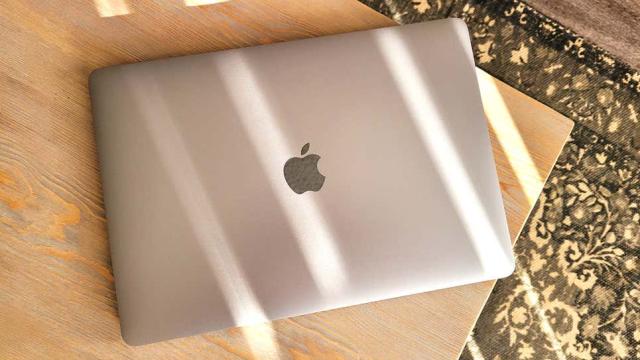With its A- and M- processors, Apple has shown that it doesn’t need a third party to find success in the hardware realm. But that fear permeates throughout Silicon Valley, and with reports that Apple’s chips may soon eclipse chipmaking veterans like Intel, it sounds like we’re heading for a high season of chip wars.
The latest report from The Information stokes those flames. According to people familiar with the matter, Apple is already working on its next two generations of Mac chips. The second-generation chips will use an enhanced 5nm process, the Information claims, though they’ll only offer slight performance gains. Compared to its current chips, the M1, M1 Pro, and M1 Max, the next batch of M chips will contain two dies rather than one.
But the third-generation M processors are getting particular attention, as they could help usher in a new era in Apple’s silicon. Apple’s third-generation Mac processors — likely dubbed the M2, M2 Pro, and M2 Max — go by the names Ibiza, Lobos, and Palma. They may be the smallest chips at 3nm, but they will feature four dies. Apple’s current fastest M processors have 10 cores on a single die — now imagine cramming four of those into a 3nm footprint. That’s 40 CPU cores in a tiny component. Apple will continue to work in part with TSMC to develop the chips.
“With the increased core count and frequency upgrades, Apple has a good chance to overtake Intel in the PC space,” Aakash Jani, senior analyst at chip research firm The Linley Group, told The Information.
Indeed, Intel is quivering in its boots. Intel’s CEO, Pat Gelsinger, announced last month that the company would work towards bringing Apple back into its manufacturing fold. But the chat around Apple’s plans only pushes the goalpost further away. Apple has plenty of positive reviews surrounding its in-house chips. And if its performance gains continue to propel upward, it could mark the end of a multi-decade partnership between two of the industry’s most prominent players.
There’s a reason that other companies have taken to developing chips around their particular hardware. Samsung, arguably Apple’s biggest competitor in the mobile realm, makes Exynos chips for its devices sold overseas. Google also makes its Tensor chip for its new Pixel 6 smartphone, and it works alongside Samsung’s Semiconductor business for manufacturing. Though those are mobile devices, the outcome remains mostly the same: making the chip in-house makes it easier to manage hardware performance and maintain longer software update cycles.
The least powerful version of Apple’s third-generation processor, codenamed Ibiza, could power up a future iPad and MacBook Air. Lobos and Palma are expected to show up in the MacBook Pro and other Mac computers in 2023.
If you were waiting to see if Apple would go back to Intel, keep waiting. The company has seen performance gains in manufacturing its chips. Why deviate from the path forward?
